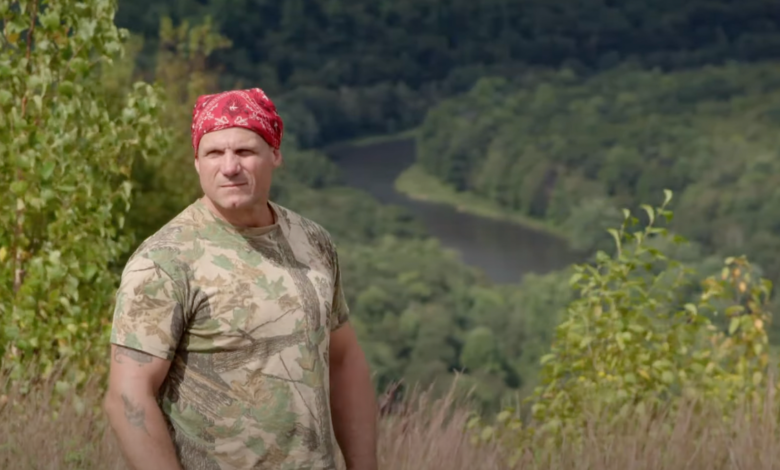
Alone in the Wild: Unveiling the Fatal Consequences on the Survival Show
The survival genre has captivated audiences worldwide, offering a raw, unfiltered look into human resilience and ingenuity when pitted against the unforgiving forces of nature. One such show that has garnered a significant following is “Alone,” where contestants are dropped into the wilderness with limited tools and are tasked with surviving as long as possible. The allure of the show lies not just in the survival aspect but also in the psychological journey of the participants, who must endure the challenges of isolation and the elements. However, with such extreme conditions, a pressing question emerges: Has anyone died on “Alone”?
To date, there have been no reported fatalities on “Alone.” The show takes extensive precautions to ensure the safety and well-being of its contestants. Despite the apparent dangers, the producers implement rigorous safety protocols, including thorough health screenings, survival training, and regular medical check-ups. Contestants are also provided with a satellite phone for emergencies, ensuring they can call for help if they find themselves in life-threatening situations.
The very nature of “Alone” pushes participants to their physical and mental limits. Contestants have faced severe weight loss, injuries, and the psychological toll of isolation. Cases of participants tapping out due to medical concerns are not uncommon. From hypothermia and frostbite to accidents with tools and the mental anguish of solitude, the challenges are real and intense. Yet, the show’s structure, emphasizing safety while balancing the rawness of survival, has prevented any tragic outcomes.
It’s important to note the distinction between “Alone” and other survival shows. “Alone” is unique in its format, offering a more authentic survival experience without camera crews. Participants document their own experiences, which adds a layer of authenticity but also means they must be vigilant about their safety without the immediate presence of a rescue team. This self-documentation aspect increases the risk, yet the show’s producers have managed to maintain a safe environment through their stringent safety measures.
The question of death on “Alone” also brings up ethical considerations regarding survival entertainment. The genre walks a fine line between providing thrilling content and ensuring the dignity and safety of its participants. Shows like “Alone” must navigate these waters carefully, balancing audience expectations with the ethical implications of putting real people in potentially dangerous situations for entertainment.
In the broader context of survival shows, there have been unfortunate incidents where participants faced grave outcomes. However, “Alone” has thus far managed to avoid such tragedies, a testament to the show’s commitment to safety and ethical responsibility towards its contestants. The show’s ability to maintain this record is crucial not only for the well-being of its participants but also for the future of the survival genre as a whole.
Critics and supporters of the genre alike must acknowledge the inherent risks of such extreme survival challenges. The psychological impact, in particular, is an area that merits attention. The isolation and extreme conditions can have long-lasting effects on participants’ mental health, an aspect that should not be overlooked in the discussion of the show’s safety record.
In conclusion, while “Alone” pushes its contestants to the brink, the show has maintained a clean safety record with no fatalities. This achievement is a result of the comprehensive safety measures in place, reflecting the show’s commitment to the well-being of its participants. As the survival genre continues to evolve, the balance between entertainment and ethics will remain a critical point of discussion. “Alone” serves as a case study in how extreme survival challenges can be conducted responsibly, ensuring that the spirit of adventure and the quest for human resilience can continue to captivate audiences without crossing the line into recklessness.



